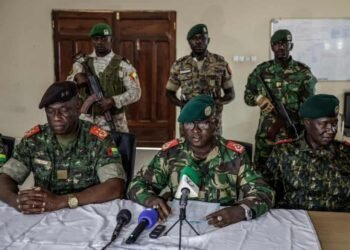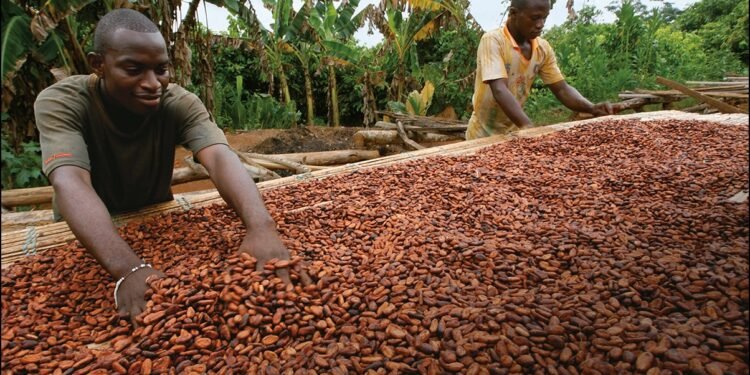A dire displacement crisis is unfolding in the eastern Democratic Republic of the Congo as M23 rebels push forward, cutting off humanitarian aid routes, United Nations humanitarians warned on Friday, February 14.
UN refugee agency (UNHCR) spokesperson Eujin Byun said, “The crisis is worsening as people flee to areas where humanitarian aid cannot reach due to insecurity.”
The warning comes just a day after the top UN aid official in the country, Bruno Lemarquis, cautioned that the lack of humanitarian routes was jeopardizing relief efforts in the region.
The M23 rebels, who seized Goma, the capital of North Kivu province, late last month, are now advancing toward Bukavu, the capital of South Kivu, following a brief lull in fighting.
Ms. Byun noted that in South Kivu, over half of aid organizations offering critical support to survivors of sexual violence “report being unable to reach those in need due to insecurity and continuous displacement.”
Meanwhile, in North Kivu, the destruction of healthcare facilities, overcrowded hospitals, and looting are exacerbating the spread of infectious diseases such as cholera, malaria, and measles, she said.
The UNHCR spokesperson also reported that “heavy artillery shelling and looting” have obliterated 70,000 emergency shelters in Goma and Minova in North and South Kivu provinces. This has left around 350,000 internally displaced people (IDPs) homeless once again.
While about 100,000 displaced people have attempted to return home, many have found their homes damaged and essential services absent, forcing them to remain stranded.
Displacement and Deadly Remnants
Another major challenge to resettlement is unexploded ordnance left behind from the fighting. Ms. Byun warned that many displaced people “will be displaced once again” due to these risks.
The UNHCR further noted that most of the 28 IDP sites around Goma have been destroyed, making access to aid even more difficult. Of particular concern is that the critical road linking Goma to Bukavu has been severed. Ms. Byun also emphasized that Goma’s airport is “still not functioning for humanitarian aid.” She added, “Since violence has spread to South Kivu, this supply line is our biggest concern.”
As the rebels press toward Bukavu, Mr. Lemarquis on Thursday voiced concerns about the security of South Kivu’s primary airport, which lies just 20 miles from the provincial capital and has served as a “main lifeline” for humanitarian personnel.
Mpox Crisis Worsens Amid Fighting
Meanwhile, the UN World Health Organization (WHO) has raised alarms over the impact of the violence on the mpox outbreak, particularly in Goma and its surroundings.
WHO spokesperson Christian Lindmeier stressed that the Democratic Republic of the Congo is “the worst-affected country for mpox,” with the Kivu region at the epicenter of the highly infectious clade 1b outbreak.
Due to the rapid spread of the virus, WHO reclassified mpox as a “public health emergency of international concern” in August last year, marking the second such declaration since a global outbreak in 2022.
Earlier this month, WHO Director-General Tedros Adhanom Ghebreyesus noted that prior to the latest violence in eastern DRC, mpox cases had been stabilizing.
However, renewed clashes have forced patients to flee treatment centers, heightening transmission risks. “Out of 143 confirmed mpox patients in isolation units in Goma and around, 128 fled in fear for their lives,” Mr. Lindmeier said, noting that only 15 patients remain in isolation. “That’s of course dangerous for everybody around,” he added.
In addition to displacement, some health facilities in the region have been looted, medical personnel have fled, and many residents are now unable to access essential healthcare due to security concerns.
READ ALSO: UDS Refutes Allegations of Involvement in NSS Fraud























